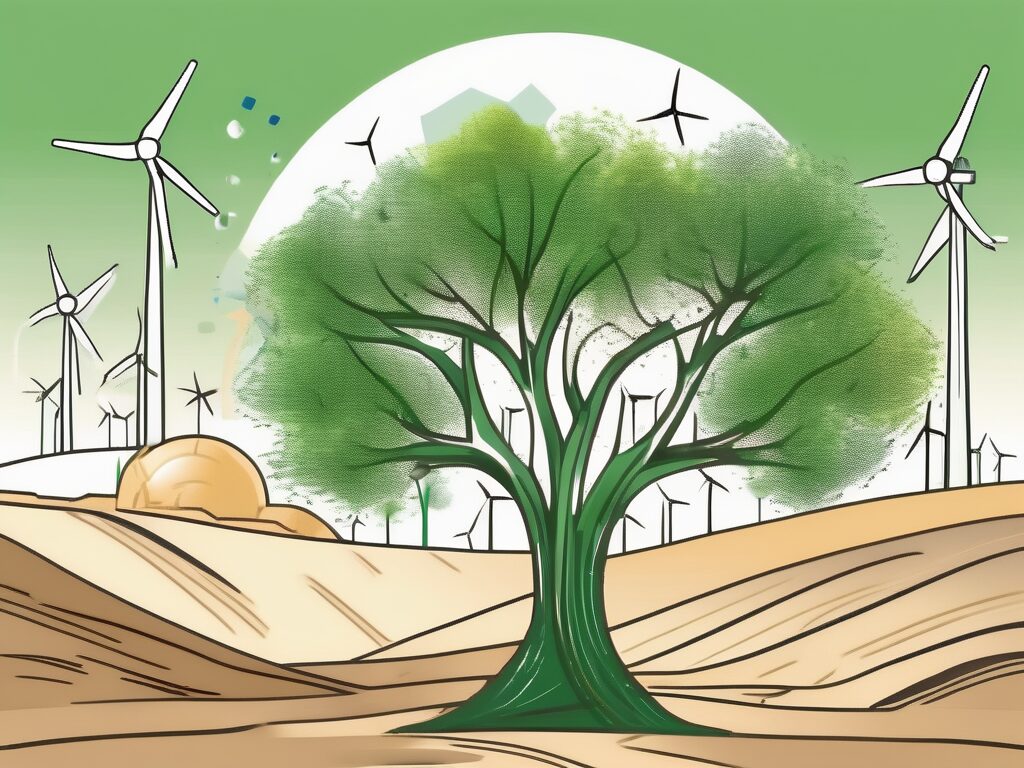Environmental education is a critical tool for fostering a sustainable future. It empowers individuals with the knowledge and skills to address environmental challenges. In Saudi Arabia, a country known for its vast deserts and oil reserves, environmental education is increasingly gaining prominence. This article delves into six key points that highlight the current state and future prospects of environmental education in Saudi Arabia.
1. The Emergence of Environmental Education
Environmental education in Saudi Arabia is a relatively recent phenomenon. It emerged as a response to growing environmental concerns such as water scarcity, desertification, and pollution. The government recognised the need to educate its citizens about these issues to promote sustainable practices.
Moreover, the emergence of environmental education is also linked to Saudi Arabia’s Vision 2030. This ambitious plan aims to diversify the economy away from oil, with sustainability being a key pillar. As such, environmental education is seen as a vital tool to achieve this vision.
2. Integration into the Curriculum
Environmental education in Saudi Arabia is integrated into the school curriculum at various levels. It is not taught as a standalone subject but is incorporated into subjects like science, geography, and social studies. This approach ensures that students gain a holistic understanding of environmental issues and their impacts.
For instance, in science classes, students learn about the water cycle and the importance of water conservation in the context of Saudi Arabia’s arid climate. Similarly, in social studies, they learn about the societal implications of environmental issues, such as the impact of desertification on rural communities.
3. Role of Non-Governmental Organisations (NGOs)
NGOs play a significant role in promoting environmental education in Saudi Arabia. They organise workshops, seminars, and awareness campaigns to educate the public about environmental issues. Some NGOs also collaborate with schools to provide environmental education programmes.
For example, the Saudi Environmental Society (SENS) has been instrumental in promoting environmental awareness. It conducts various activities such as tree planting campaigns, beach clean-ups, and environmental education workshops for students and teachers.
4. Challenges and Limitations
Despite the progress, environmental education in Saudi Arabia faces several challenges. One of the main challenges is the lack of trained teachers. Many teachers lack the necessary knowledge and skills to effectively teach environmental education. This issue is further compounded by the absence of a standardised environmental education curriculum.
Another challenge is the lack of public awareness about environmental issues. Many Saudis are unaware of the environmental challenges facing their country and the importance of sustainable practices. This lack of awareness makes it difficult to instil a sense of environmental responsibility among the public.
5. Future Prospects
The future of environmental education in Saudi Arabia looks promising. The government is taking steps to overcome the challenges and improve environmental education. For instance, it is investing in teacher training programmes and developing a standardised environmental education curriculum.
Moreover, the government is also promoting public awareness about environmental issues. It is leveraging various platforms such as social media, television, and public events to educate the public about environmental challenges and the importance of sustainable practices.
6. The Role of Environmental Education in Achieving Vision 2030
Environmental education is crucial for achieving Saudi Arabia’s Vision 2030. It can empower individuals with the knowledge and skills to contribute to the country’s sustainability goals. For instance, by understanding the importance of water conservation, individuals can adopt water-saving practices, thereby contributing to the country’s water security.
Moreover, environmental education can also foster a culture of innovation and creativity. It can inspire individuals to develop innovative solutions to environmental challenges, thereby contributing to the country’s economic diversification goals.
In conclusion, environmental education in Saudi Arabia is a growing field with immense potential. Despite the challenges, it holds the key to fostering a sustainable future and achieving the country’s Vision 2030. As such, it deserves greater attention and investment from all stakeholders.
Empower Your Teaching Career with Environmental Education
As we strive towards a sustainable future and the realization of Vision 2030 in Saudi Arabia, educators play a pivotal role. IPGCE recognizes the challenges teachers face, from stringent qualification requirements to limited career progression and professional isolation. The International Postgraduate Certificate in Education (iPGCE) is your gateway to not only enhancing your qualifications but also to joining a global network of educators. With our program, you’ll experience a 50% increase in interview callbacks, a 45% boost in promotion rates, and a significant salary increase. Embrace the flexibility of online study and become 65% more adaptable to international curricula. Don’t let inadequate credentials limit your potential. Join the UK’s #1 Teacher Training Course today and be at the forefront of environmental education and professional development.

